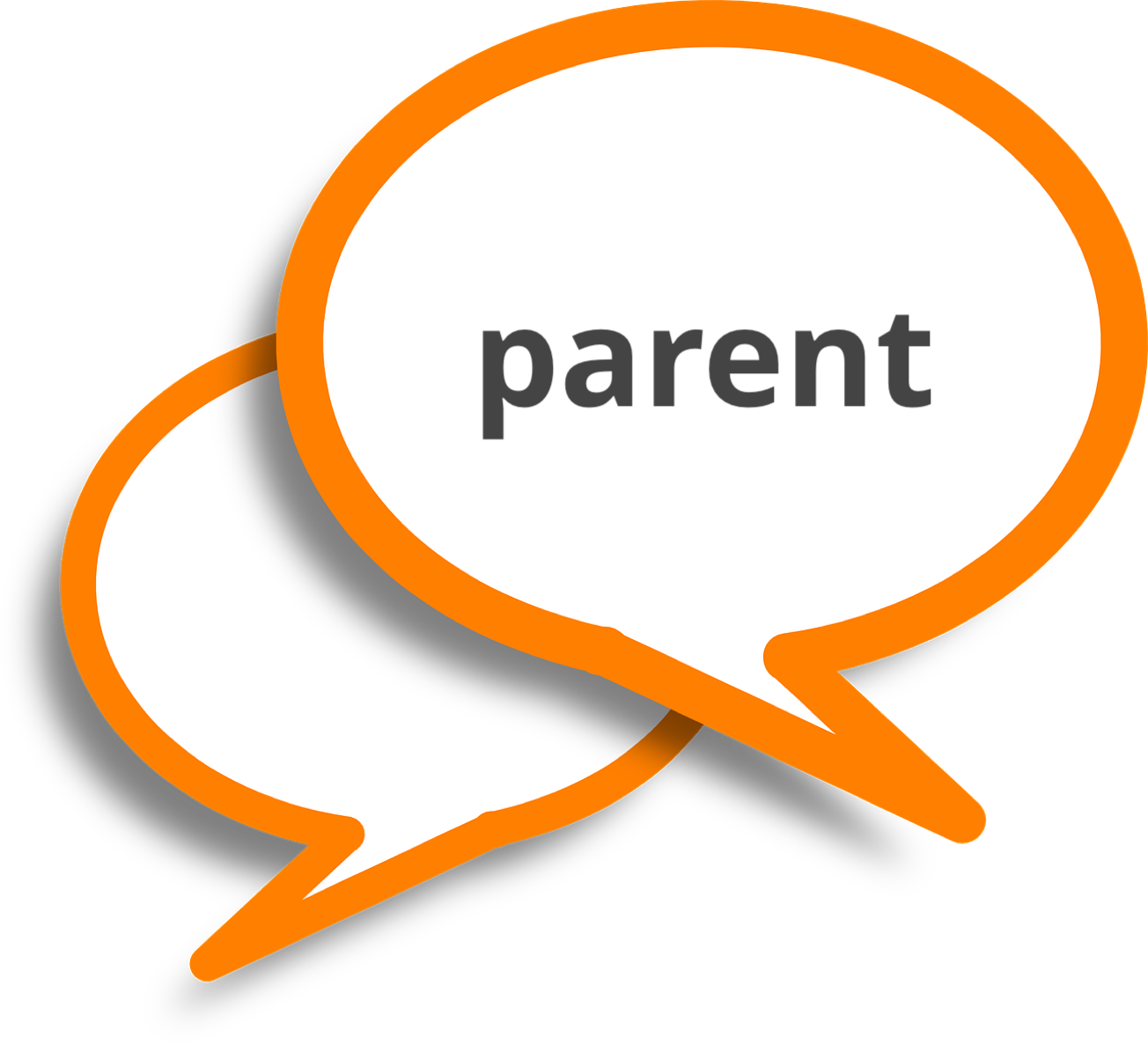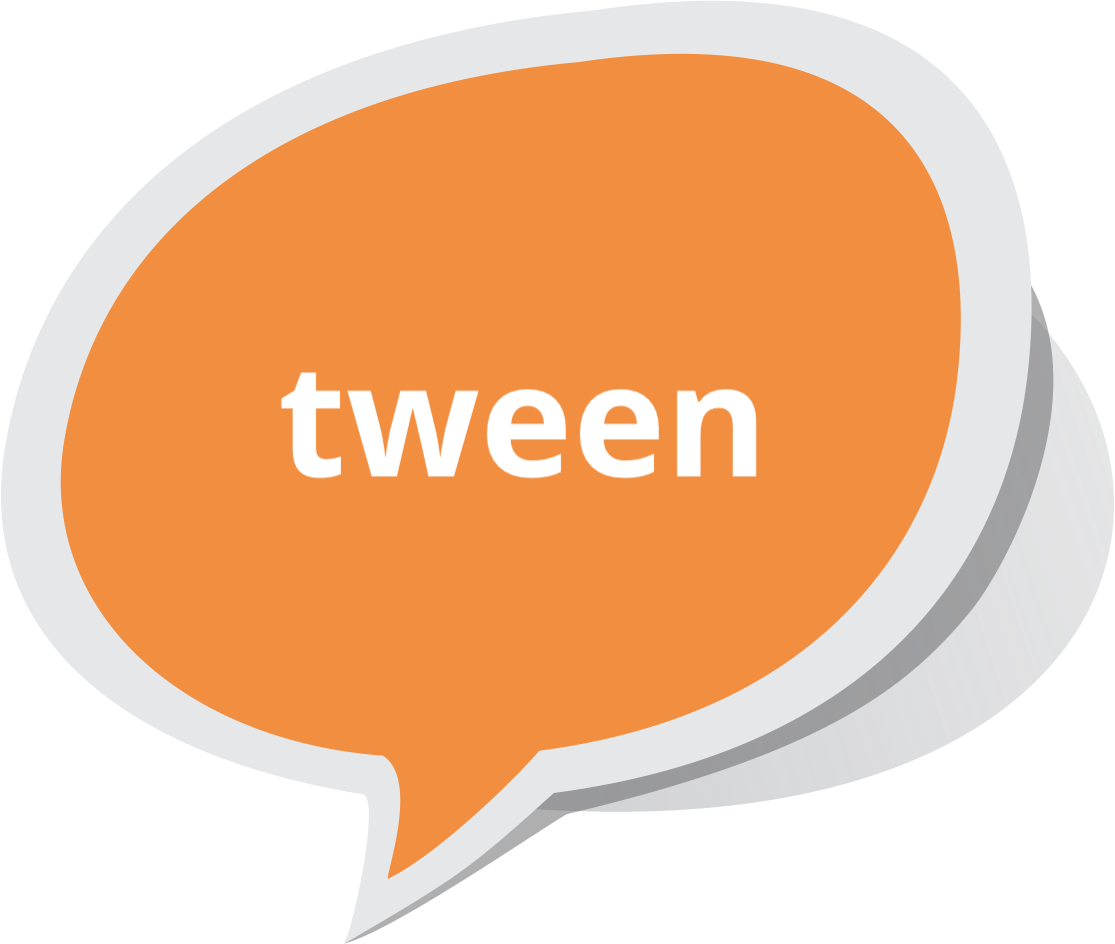Script: The Harms of Pornography

It may feel very uncomfortable to talk about pornography harms with your tween. Be aware of your body language and tone of voice. Try to avoid overreacting to anything your tween shares. Start the discussion with a general statement: “You are getting older now and can handle more adult conversations.”
“Yeah.”


“I don’t know how if you’ve seen any porn yet, but I do know that there’s a lot of porn sites online and you can see it other places like Instagram and Snapchat. A lot of times, videos will pop up without you even searching for them.”
“I don’t watch porn.”


Reassure your tween that you are a safe person to talk to: “I’m not accusing you of watching porn, but it’s not unusual for kids your age to have seen it, even if it’s accidental. An important part of my job as your mom/dad is to make sure that you have accurate information about things like porn. I really think it’s important to be aware of what the harmful effects are, because once you know, I have a feeling you might decide not to watch it.”
“I don’t know why we need to talk about this.”


Reflect what your tween said in a neutral tone, matter of fact statement: “You’re not sure why we need to go there.” Then ask an open-ended question “Interestingly, I’ve just learned some new things that I had never heard of before. What have you heard about the harms of watching porn?”
“I haven’t really heard about ‘harms’ except when someone finds out and you get in trouble for watching it.”


Ask permission to get further buy-in from your tween: “Do you want me to tell you some of the things I just heard?”
“Sure.”


“There are quite a few harms that I never knew. Three of them really stuck out to me.”
“What are they?”


Share information as simply as possible: “Scientists have studied pornography and have found that people who watch porn are less satisfied with their bodies and with their partner’s bodies, because they want them to be more like the shapes or sizes of the people in porn videos.”
“Hmmm”


Continue to share simple information: “Masturbating to porn teaches the brain to become aroused by what’s happening on a screen – this often includes degrading and unrealistic sex. Porn becomes a habit that the brain can end up depending upon – a lot like cigarettes. The more that people cum (orgasm) to porn, the more they become dependent on it.”
“Like being addicted to drugs?”


Respond to your tweens question: “Yeah, just like people that are addicted to drugs.” Be sure to check in to see that your tween understands the terms you used and offer explanation if needed. E.g. arousal and orgasm.
Then share your final piece of information: “The last thing that stuck out to me was that people are finding out now that porn teaches them all the wrong things about how to have good sex.”
“That’s crazy. It’s hard to believe watching porn can cause all of these things to happen.”


Reflect the feeling of your tween’s statement: “Yes, it is scary to think about.” Then ask a key question “What can you do to make sure these things don’t happen to you?”
“I’m not really sure. Can I come back and talk to you about it later?”


Summarize your discussion: “There are a lot of harms to watching porn, things that can continue to affect you even as an adult. You are making a healthy decision to protect yourself by not watching porn – it is disrespectful to girls, and I know that there are plenty of girls you respect and care about. I am guessing you wouldn’t want to see them hurt in any way.
“No, that’s not cool.”


Thank them for being open: “I really appreciate you talking with me because this can’t be easy for you and I have to be honest, I really hope you don’t watch it because I want you to have a fun and healthy sex life when you are ready to start having sex.”
responding to resistance from tweens
What if your tween flat out refuses to talk? Here’s an alternative way to start the discussion.
“Are you nuts? Do you think that I’m going to talk with you about porn?”


Respond calmly, and identify who else can support them in this conversation: “Who else would you be able to talk to about it?”
“Well, certainly not you. I’m going to talk to my friends.”


Validate their suggestion, but create curiosity with a question: “Friends are great, but I’m wondering if they would be able to help you understand how porn can affect your brain?”
“Don’t be ridiculous, how can porn affect your brain?”


Now that you have gained the interest of your tween, use this to segue into the deeper conversation in the above script.